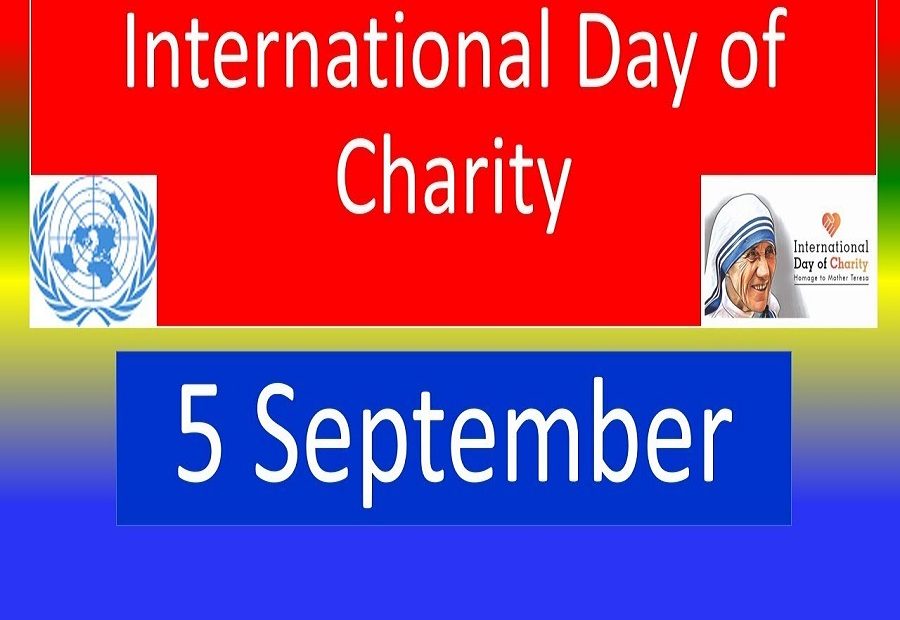

Charity is the act of extending love and kindness to others unconditionally, a conscious decision from the heart without expecting a reward.
Charity begins with the inward recognition of a need to show compassion to others whether consciously or unconsciously.
Everyone has problems, troubles, and grieves of some sort in life but charity starts with those who learn to downplay their own problems.
In order to extend compassion, kindness, and love to help others, some people set aside their own pains and challenges to relieve others of theirs.
Charity is essential and therefore meant to be done for relief and to provide assistance to people in times of need especially victims of war, natural disaster, hunger, disease, poverty, orphans by supplying them food, shelter, medical aid and other basic needs of life.
It assists the advancement of culture, science, sports, and the protection of cultural, natural heritage and promotes the rights of the marginalized, underprivileged and spreads the message of humanity in conflict situations.
In recognition of the role of charity in alleviating humanitarian crises and human suffering within and among nations, as well as of the efforts of charitable organizations and individuals, especially Mother Teresa of Calcutta, who spent her life caring for the poorest of the poor, the United Nations General Assembly declared September 5th as International Day of Charity.
The day was established with the objective of sensitizing and mobilizing people, NGOs, and stakeholders all around the world to help others through volunteer and philanthropic activities.
These organizations often provide essential services to impact the lives of citizens such as building hospitals, schools, orphanages and religious centres.
Without mincing words, they partner government in many aspects including empowerment, training, fighting poverty, combating social diseases like drug abuse and attempting to narrow the deep divide between the rich and poor.
In the sustainable development goal, the United Nations recognizes that the eradication of poverty in all its forms and dimensions, including extreme poverty, is the greatest global challenge and an indispensable requirement for sustainable development.
It also acknowledges the role of the diverse private sector, ranging from micro-enterprises, cooperatives, multinationals, civil society organizations and philanthropic organizations in the implementation of the new agenda.
In the wake of Covid-19 pandemic, some charitable organizations like the Nigeria Red Cross provided palliatives to some less privileged in the country, this is laudable.
It must however be pointed out that charity works should not be a periodical activity but a continuous one to make life bearable for the less privileged.
It also behoves philanthropists in the country to come to the aid of millions of the less privileged in the country as the pandemic lingers on.
Titilayo Kupoliyi